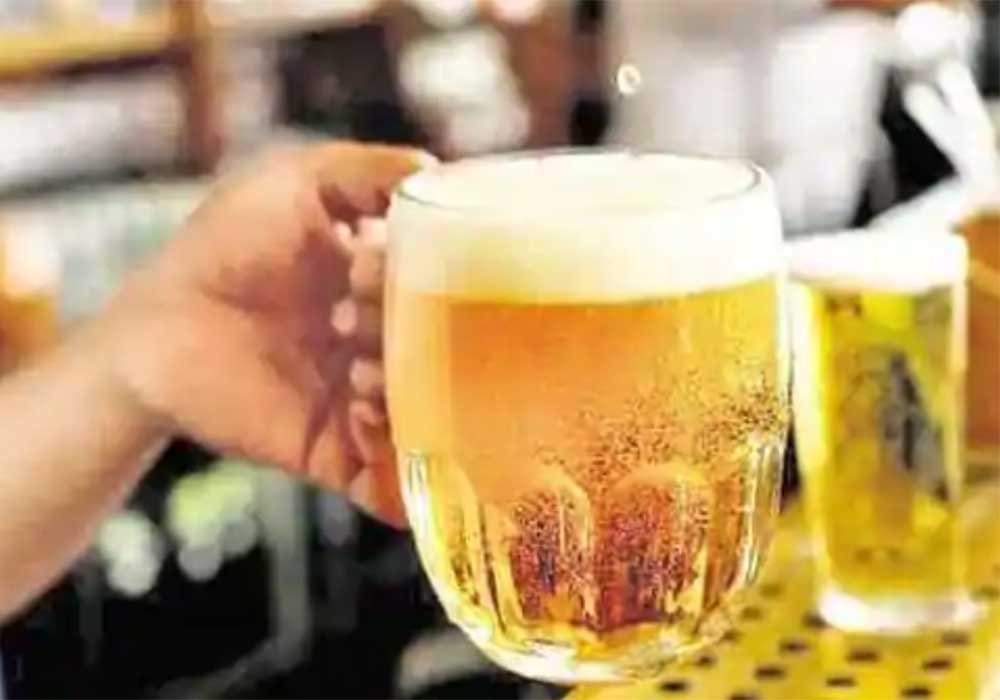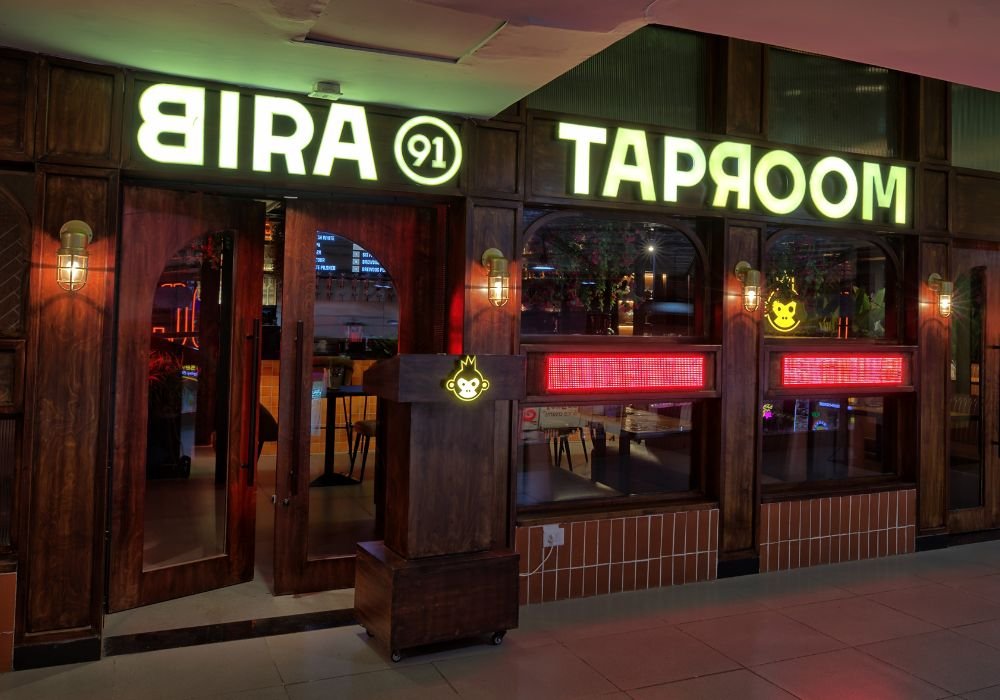Lockdown blues: Beer sales fizzle out in Bengaluru’s microbreweries

The decision to allow off-premise sales may help in mitigating losses, but breweries in Bengaluru are unsure of what the future holds if authorities only allow sale of existing stock.
The euphoria about resumption of alcohol sales has ebbed in the city’s many microbreweries, much like the fizz in a glass of beer unattended for too long.
Brewers and pub owners say that the lack of in-house dining will hit them hard even as takeaway of beer has been allowed.
“There is absolutely no substitute for in-house dining and we will suffer,” said Ajay Nagarajan, chief executive at Total Environment Hospitality, which runs Windmills Craftworks, a popular microbrewery in Whitefield.
While the decision to allow off-premise sales may help in mitigating losses, breweries in Bengaluru are unsure of what the future holds if authorities only allow sale of existing stock.
Micro-brewers are a significant and hugely popular part of Bengaluru’s beer culture but are seldom manage to get the attention of authorities as they account for ₹30 crore of the ₹20,000 crore of the state revenue.
Microbreweries are allowed operations only in spaces over 10,000 square feet, pay an annual licence fee of ₹2.3 lakh and half of the duty or around ₹35 per litre on its installed capacity in advance, adding to the challenges they face given the lockdown.
Constraints like having to close by 7 pm and the decision of the state government to impose a total lockdown on Sunday has shaved off a precious day of weekend sales for micro-brewers, who are operating at less than 5% of their revenue cycles.
“It’s a fraction of the business we would do but it is helping us just pay off pending bills, vendors and dues,” said Sibi Venkataraju, who runs Toit in Indiranagar and is part of the Craft Brewers Association of India. At least 30% of the over 62 breweries have remained shut mostly because some of them are inside malls while a few others have just decided not to reopen, he said.
On an average, a large brewer sells about 7,000-8,000 litres a month and the around ₹550 per litre amounts to little, they say. Largely because the restaurant or the food accounts for at least 40% of revenues, besides other spirits at about 20%.
Restaurateurs also said that being forced into the maximum retail price model adds to their burden since they have to pay higher and multiple licence renewal fees. Some are worried about losing brand and customers for limited revenues or retaining the ability to negotiate rentals payments.
Puneet Singh, who runs The Pallet in Whitefield and hasn’t resumed operations, said his negotiations with the landlord will fall through and his brand will take a hit when in-house dining does open.
“I will be diluting my brand when you buy 2 or 5 litres from me and the tastes have changed or the beer has gone flat,” he says. He says this does far more damage to his business than resuming off-premise sales of a few litres that “makes no commercial sense.”



